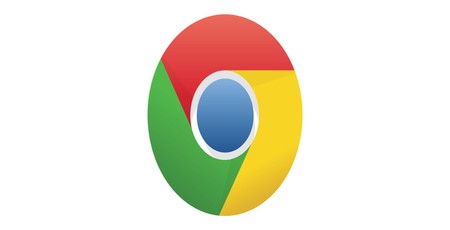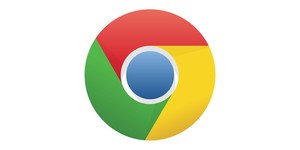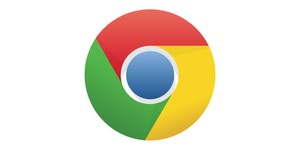Google takes Chrome's ad blocking international
January 10, 2019 | 11:26
Companies: #alphabet #coalition-for-better-ads #google

Google has confirmed that it is making the native ad-block functionality in its Chrome web browser an international experience, starting in July this year.
Google, which makes the overwhelming majority of its revenue through its in-house advertising platforms, raised eyebrows back in April 2017 when it began work on adding native ad-blocking capabilities to its Chrome browser. Unlike third-party ad-blockers, which typically block all possible ads, Google's implementation relied on guidelines set down by the Coalition for Better Ads: Only advertising which breached those guidelines, which Google's own efforts naturally did not, would be filtered out, with the idea being that by blocking misleading, malicious, or disruptive advertising users would be less likely to install a more general ad-blocker and thus block everything.
The launch of Chrome's ad-blocking capability was, initially, limited to North America and Europe, being the only two regions in which the Coalition for Better Ads operated. Now, the Coalition is expanding - and Google is following suit by expanding the on-by-default blocker to all international users later this year.
'If you operate a website that shows ads, you should consider reviewing your site status in the Ad Experience Report, a tool that helps publishers to understand if Chrome has identified any violating ad experiences on your site,' explains Google's Ben Galbraith for publishers looking to get ahead of the change. 'Starting today, publishers in regions outside of North America and Europe can use this tool to understand if they have intrusive ad experiences on their site, their current status (passing/no issues found or failing), and resolve outstanding issues or contest a review. While we’ve already reviewed millions of sites around the world, we will continue to expand these reviews in the coming months.
'Our ultimate goal is not to filter ads, but to build a better web for everyone, everywhere. Chrome's enforcement of the Coalition’s standards has inspired many website owners to improve the advertising experience on their sites in a way that benefits users. In the U.S., Canada, and Europe, website owners have successfully been able to make changes to the ads on their sites. As of January 1, 2019, two thirds of all publishers who were at one time non-compliant to the Better Ads Standards are now in good standing. Further, out of millions of sites we’ve reviewed to date, less than 1 percent have had their ads filtered.'
The expanded ad-blocking functionality in Chrome will go live on July 9th, Google has confirmed.

MSI MPG Velox 100R Chassis Review
October 14 2021 | 15:04








Want to comment? Please log in.